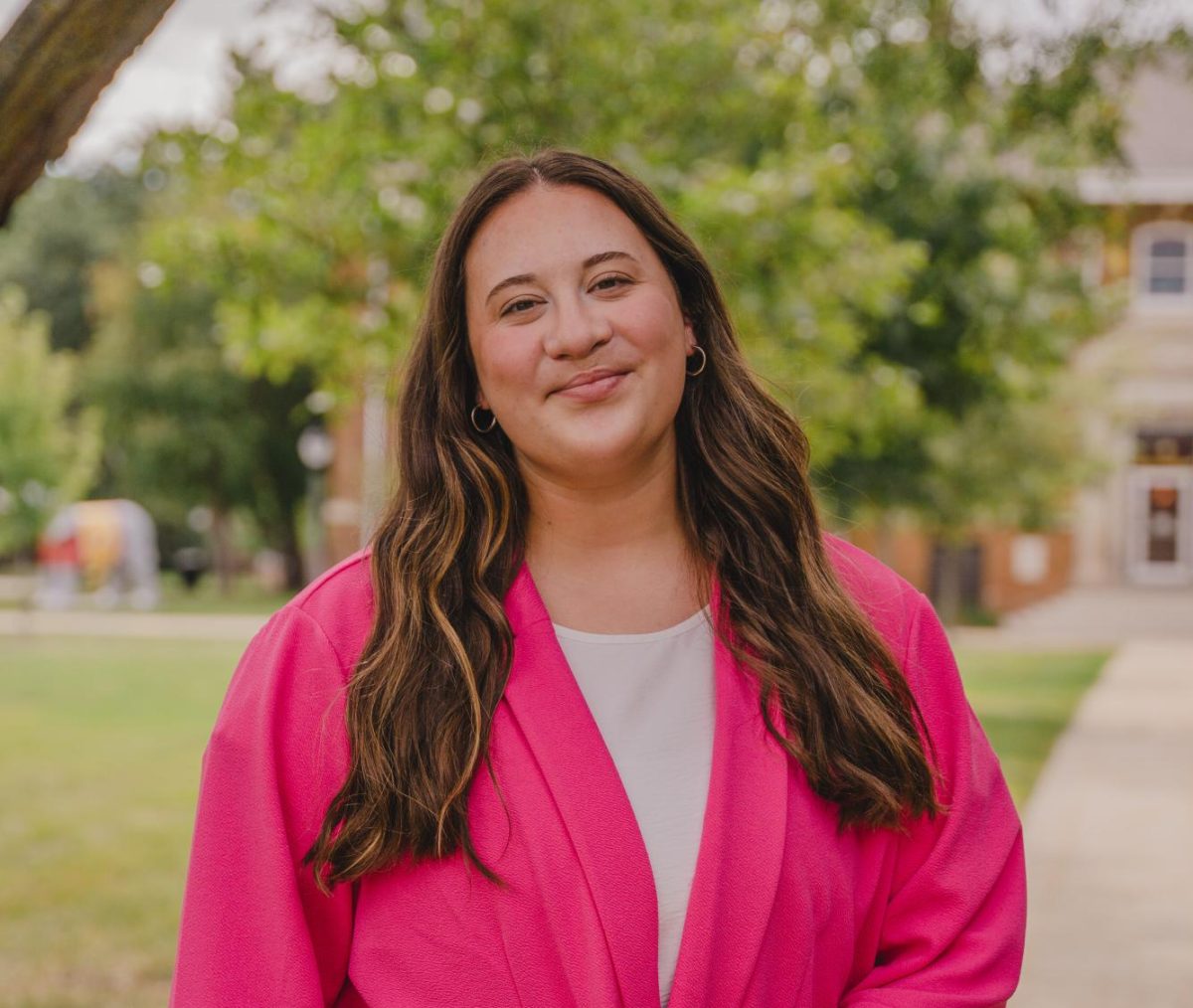No clear winner in Students v. Justices
October 5, 2005
This could be big.
“If you’re interested in abortion rights, if you’re interested in privacy rights – this is big,” said Brian Steffen, professor of communication studies.
This big thing Steffen, who teaches Law of Mass Communication, is referring to is the confirmation of Chief Justice John Roberts and the nomination of Harriet Miers to replace Justice Sandra Day O’Connor.
These changes will affect students in a number of ways, and for a number of years. But most don’t seem that interested.
“I think a lot of it has to do with the fact that we’re all in our own little world,” senior Jennifer Conner said. “And we don’t look into many outside issues.”
Conner, president of Simpson’s Pre-Law Society, is one of the few who do care, but she has also seen the general apathy toward the Supreme Court firsthand.
“And maybe I’m underestimating people who are concerned,” Conner said. “But I don’t think people really care.”
Though the confirmation of Roberts as Chief Justice doesn’t really “change the calculus” of the Court according to Steffen, the court still has a large impact on students’ lives.
“Privacy issues are big – are huge,” Steffen said.
He listed other subjects the Court could address that students may be affected by, including gays’ right to marriage, abortion, drug testing in the workplace, and individual rights in terms of search and seizure.
No matter how important the issues are, according to Conner the interest level depends on each student’s prerogative.
“It differs, from student to student, major to major,” Conner said. “I’m pre-law, and so it interests me a great deal. But somebody who was in a different major, it doesn’t really affect them that much. If you’re not going into that area of study, you probably don’t have as much concern.”
If students aren’t concerned about the issues now, they will be later.
“It wouldn’t affect college students as, I guess, college students, but it affects college students in this sense: you’re all within one to two to three years of venturing out into the cold cruel world,” Steffen said. “You may be asked for a urine sample as a condition of employment, which – I am not a recreational drug user but it still bothers me and I imagine it bothers a lot of people.”
Still, that doesn’t seem to be enough to spur much of a student reaction at Simpson. However, John Epperson, a professor of political science who’s teaching Supreme Court and the Constitution, said it’s easily explained.
“For college students, you’ve got to get up in the morning and worry about the test and you’ve got football practice in the afternoon or you just broke up with your girlfriend or you’ve got a hangover – because college students are college students,” Epperson said. “And we’re all busy. And we’re all focused on the immediate. That test I have at 2:00 in the afternoon seems to [college students] a lot more important than some judge somewhere.”
That focus on the immediate is something Conner sees as detrimental to students.
“It’s their rights,” Conner said. “Supreme Court Justices protect our civil rights, they decide whether legislation violates the constitution. Our constitutional rights are imperative.”
Epperson said it would take an “overwhelming, compelling” issue to get students interested in Supreme Court Justice nominations, an issue as compelling now as the draft was during the Vietnam War.
“If they’re going to draft me, or draft my friend or my brother, then that’s a much more immediate thing that I can see,” Epperson said. “So the connections are a little harder to make now. But, to get college students interested in large numbers, it would take an issue as important as that. I wish it were different. But that’s just the way humans are constructed.”
Conner has an idea of what that issue could be: If O’Connor was replaced by a staunch conservative and Roe v. Wade was brought before the Supreme Court, students may get interested.
“Students tend to be, in a general sense, liberal,” Conner said. “Especially students on a college campus. So I could see that causing an uprising, but nothing like what happened during the Vietnam War.”
Even with that possibility, the outlook seems bleak.
“I think it is important but I’m not really sure how to implement that,” Conner said. “I don’t know how to get a rise out of people. If they don’t care they don’t care.”




